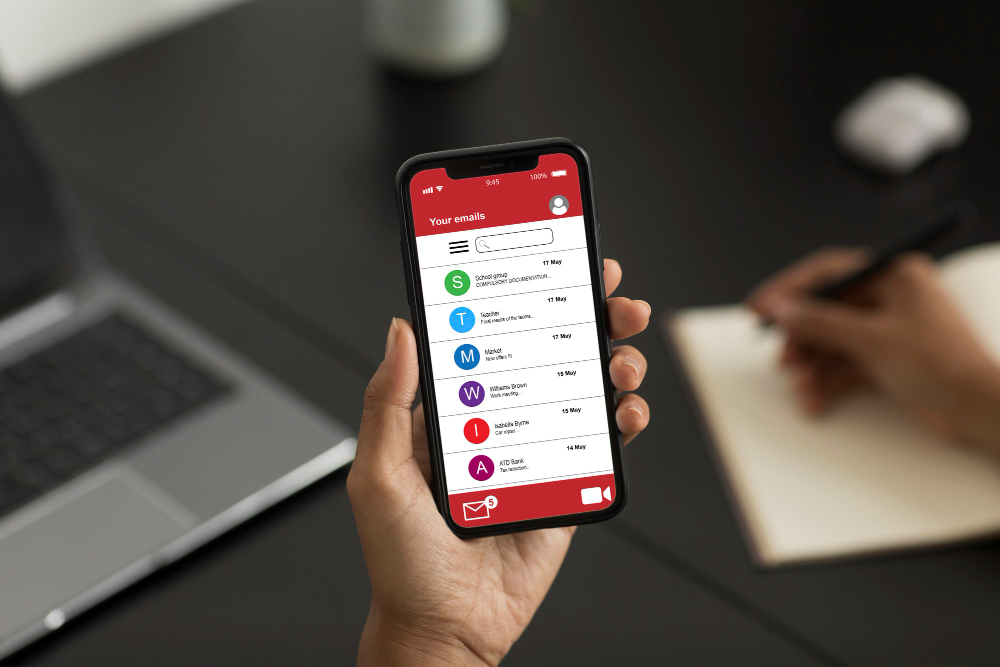Technology is changing all aspects of our lives in the digital world- and education is not an exception. School mobile applications have risen as a strong tool that is transforming the way students learn, the way the teachers teach and the way the parents can participate in the learning process of their children. These applications are no longer secondary applications; these apps are the key to the modern learning environments.
What Is a School Mobile App?
A school mobile app is a special application that is created to help with communication, make the administrative processes simplified and allow the learning process to be more organic within a school community. The common features of these apps include live notifications, grade tracking, homework, attendance, and a direct message between teachers, students and parents. School mobile apps seek to bring different functions together in a single platform with the intention of establishing a more connected and efficient educational setting.
Benefits of School Mobile Apps
For Students
- Improved Learning: Mobile applications give the student a plethora of material, such as electronic textbooks, educational videos, and interactive quizzes and can give the student a more interactive and tailored learning experience.
- Real-Time Access to Information: Students will be able to check their grades, next assignments, and school announcements at any time, and this will enable them to remain efficient and organized in school.
- Better Accountability: Push notifications and reminders also make students more responsible, and they would be admitted to complete assignments on time and attend classes regularly.
For Parents
- The Instant Communication: Parents will be able to contact the teachers and school personnel directly, with concerns or clarification requests not having to wait until the next meeting.
- Real-Time Updates: Timely information on events at school, grades, marking of attendance allows parents to be informed and actively engaged in the education process of their child.
- Improved Interaction: Parents will be able to contribute more to the learning and development of children by being more associated with the school community.
For Teachers and Schools
- Efficiency in Administrative Processes: Automation of such functions as attendance check, mark recording and report preparation helps to save time and minimize the chances of mistakes.
- Data-Driven Insights: The teachers will be able to use data on student performance to determine the areas they might need more assistance so that the teaching strategies could be more specific and effective.
- Enhanced Communication: better coordination and collaboration among employees, students, and parents are made under the umbrella of school-wide announcements, scheduling of events, and one-to-one messaging.
Key Features of an Effective School Mobile App
In order to utilize the advantages of a school mobile app to their fullest potential, it must contain the following features:
- Access to real-time notifications: Timely information on all stakeholders by sending instant alerts on grades, assignments, events and emergencies.
- Homework and Assignment Tracking: Students and parents will be able to keep track of the tasks and deadlines ahead, which encourages them to complete their assignments on time.
- Attendance Checking: The automatic checking of the student attendance aids in the identification of trends and resolving the problems time-sensitively.
- Messaging and Communication Tools: Secure messaging platforms allow a direct communication between teachers, students and parents.
- Calendar and Event Management: Built-in calendars enable users to see and RSVP to school events, parent-teacher meetings and extra-curricular activities.
Integration with School Management Systems: It should integrate with existing systems, and this will maintain uniformity and accuracy across platforms.
The Future of School Mobile Apps
In the future, school mobile apps will be enhanced with new technologies, which will help to improve the educational process even more:
- Artificial Intelligence (AI): AI is able to individualize learning, changing materials to specific needs of the individual students and also giving real-time feedback.
- AR and VR: These tools may provide learners with immersive learning experiences, enabling more complicated concepts to be more accessible and interesting.
- Gamification: Game-like features can be added to the course to make students more motivated to learn and enjoy the process.
- Data analytics: Advanced analytics may serve to give a better understanding of the student performance, enabling educators to make informed decisions and enhance the learning outcomes.
With the development of these technologies, school mobile apps will remain among the most effective areas of educational innovation that can lead to better teaching, learning, and school management.
Conclusion
School mobile apps are not a trend: it is a paradigm change in the process of the delivery and experience of education. These apps are also defining the future of education by improving communication and simplifying the work of the administration and creating individual learning opportunities. To schools, parents, and students, the adoption of this digital transformation is the most important process in enhancing a more connected, efficient, and effective learning environment.








Leave a Reply